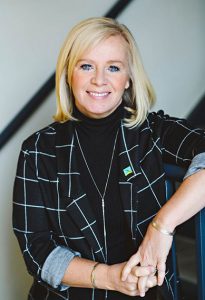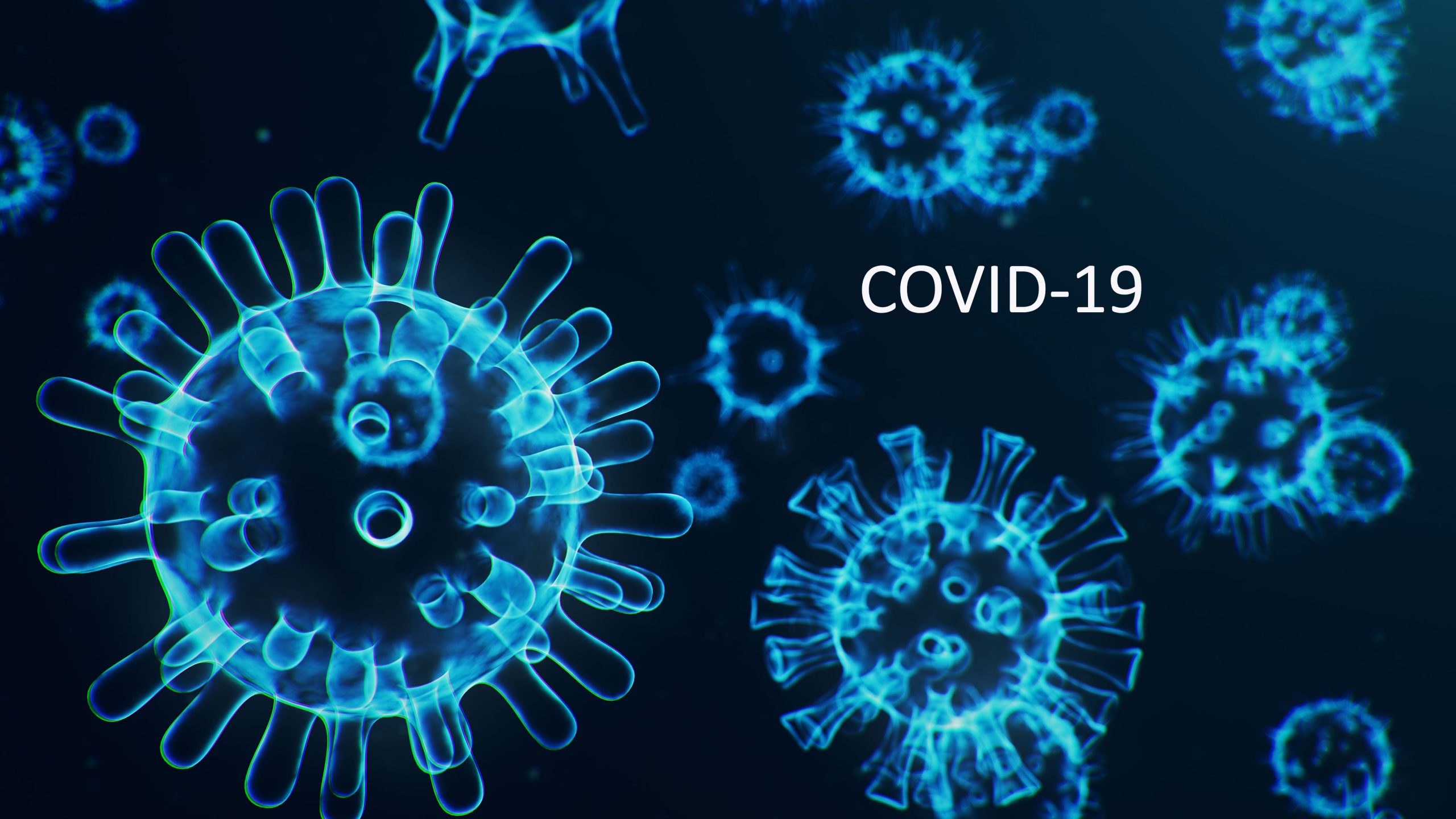GUELPH – The finish line is in sight in the marathon that is the COVID-19 pandemic.
Three health experts see hope on the horizon with announcements that a vaccine for COVID-19 may be available by spring and widely available next fall.
Wellington-Dufferin-Guelph Public Health Medical Officer of Health Dr. Nicola Mercer appeared as a guest in a Nov. 19 online Zoom session called “Finding the Balance” – a project of Bracelet of Hope, a Guelph-based organization that raises funds for health projects in Lesotho, Africa.
The sessions have been running periodically since the summer.
Dr. Anne-Marie Zajdlik, a local family physician and founder of Bracelet of Hope, and Helen Fishburn, executive director of the Canadian Mental Health Association Waterloo Wellington, have been regular participants, along with a new guest at each session.
Mercer answered questions about masks, the challenge of changing behaviour, and yes, hope for a vaccine and rapid testing.
She started by explaining why she wrote a letter to the community last week asking everyone to avoid going into other people’s homes, especially as Christmas approaches.

DR. NICOLA MERCER
“It was on my heart for a while,” Mercer said. “We were becoming aware that [public health] messages are confusing, and the messages are hard to hear.
“But I really wanted to put it out there that the number one behaviour that’s causing the most cases is socializing with friends and family.”
Mercer said contact tracing shows that private social gatherings “are almost always the root cause of new cases. That’s a hard message to hear. But we’re asking people not to go into someone else’s house … Do the thing that’s right.”
She said sporting events have also been a source of spread – games like pickleball for example – as have weddings, where large numbers of people get together and there’s eating and drinking without masks.
“These have been disastrous in spreading the virus,” she said.
In an interview after the event, Fishburn said that as cases surge in the area it’s important to try to provide empathy and compassion for other members of the community when it’s impossible to be with them as normal.
“It’s a significant disruption to the way we live our lives; there are significant losses involved in this disruption, including loss of jobs, loss of our loved ones. When you think of Christmas it’s loss of traditions,” she said.
“There are a lot of losses and people are very wary, so while we need to get back to basics, while we need to get back to kind of ground zero as it relates to public health guidelines, we also need to be additionally kind and compassionate with each other.”
During the Zoom event Zajdlik said she is excited to talk about three new vaccines that should be ready for targeted use this spring and widespread use by fall – and perhaps as early as summer.
All are two-shot vaccines with the second dose administered 28 days after the first.
“It will be safe,” Zajdlik said. “I have no concerns at all. Please line up,” when the vaccine is ready.
News of a vaccine also helps in terms of mental health.
“A month ago when there wasn’t clear information about the vaccines it was like what I described as running a marathon with no finish line,” Fishburn said.
“It’s just keep running … We didn’t have any clear parameters on for how long, for when, for where, we just had to keep going, which was totally exhausting.
“Now, we have a finish line.”
Mercer acknowledged it will fall to health units to distribute the vaccine, as they currently do the flu shot – and that could be a logistical nightmare.
But it will be a positive change to begin to keep people well, rather than just keep them from getting sick.
Knowing that a vaccine is coming also feeds hope, Fishburn said.
“It feeds hope that change is coming … that we can hope that we can make our mental health and our physical health an equal priority,” she said.
“And most importantly, we can just remember that we’re all in this journey together.”
On the Zoom meeting Mercer also said she is excited by advances in rapid testing. There are two kinds, she said: one that will confirm a diagnosis for those who are showing symptoms of COVID-19; and another that is a rapid screening test.
“That’s a game-changer,” Mercer said. “You can screen people who are well and within 15 minutes know if they are positive or negative.
She saw immediate benefits for schools, workplaces, sports teams and travel when rapid testing becomes commonplace.
However, despite all the advances in vaccines and testing, COVID-fatigue is still a concern, especially with the diminishing daylight experienced in the winter.
“We’re going into the toughest time of our life in Canada,” Fishburn said.
“We’ve got seasonal affective disorder in full swing, we have flu season upon us, the winter weather which isolates a lot of people – a lot of people don’t like to drive in the winter weather – and on top of that our COVID-19 positive cases are surging.
“So, it’s really the perfect storm right now and we are really, really concerned about that.”
Fishburn said it’s important to follow public health guidelines like wearing a mask, washing hands and staying two metres apart.
But it’s also important to take care of mental health.

HELEN FISHBURN
“We are really encouraging people to incorporate … self-care, reaching out for help and also enhancing your social networks and making sure you’re connected to people and your networks that give you comfort and support.”
What self-care looks like varies depending on the person.
“Everybody needs to find what works for them, but do it every single day,” Fishburn said.
Connection with other people, however it’s done, helps to increase a sense of purpose, meaning and belonging, which is important when battling COVID-19, Fishburn said.
“You can’t see your loved ones, you can’t see your extended family, you can’t see your next door neighbour but you can pick up the phone, you can talk to them, you can text, you can have Zoom meetings, you can talk across the driveway,” she said.
“All of those things allow us to first of all stay connected, make sure that people are okay, feel like you’re part of a neighbourhood, part of your family, express your love and care, but also keep our eyes on people that we’re worried about as well, which is also important.
“Especially people that live alone or are isolated.”
Finally, she said it’s important not to wait to seek help from a doctor, therapist or HERE 24/7 if needed.
Some signs that it’s time to seek extra help are if it’s difficult to regulate your emotions; if you’re unable to experience any joy in life; if you’re having trouble functioning at home, at school or at work; if you’re drinking too much or using illicit drugs or if interpersonal relationships are struggling.
“When you’re starting to struggle and the things that you’re doing normally aren’t working to make you feel better, that’s when you know that you need to reach out and do something different.
“And during this time of the pandemic and COVID-19, it is absolutely normal for everybody to feel a level of anxiety, a level of worry, a level of concern that we’re not used to.”
She added, “So it’s totally understandable why people need some extra help and support. There’s nothing to be ashamed about.”




